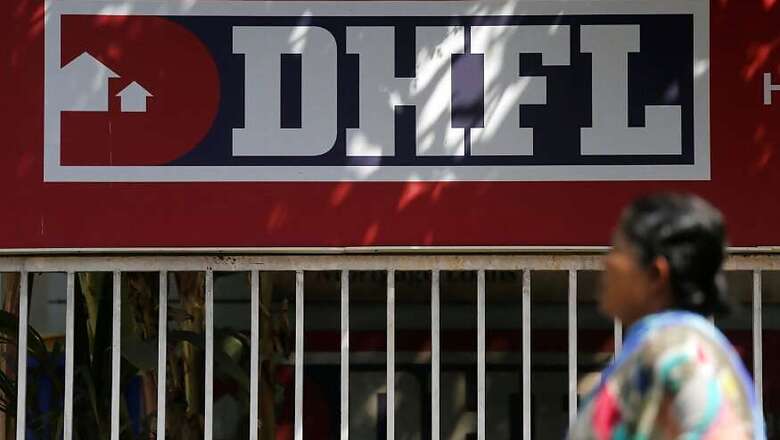
views
Dewan Housing Finance Corp. Ltd (DHFL) shares spiked over 11% after a media report said that lenders to the debt-laden company are considering Rs 7,000 crore in emergency funding. The news comes at a time when the creditors are still deciding on the formula for conversion of debt into equity as a part of the proposed restructuring plan.
At 12 pm, DHFL shares were trading at Rs 50.75, up 8.9%, after hitting an intra-day high of Rs 51.95. The stock has lost over 90% of its value in the past year. According to an Economic Times report, lenders are infusing fresh funds into the company to ensure that the loans that are currently classified as SMA-2 (special mention account-2) do not slip into NPAs (non-performing assets). SMA-2 loans are those where payment of interest is delayed for more than 60 days but less than 90 days, which is the cut off for classifying loans as NPAs.
The report quoted a banker as saying that the loan of around Rs 7,000 crore is necessary to keep the company afloat. “All banks have realised that this is necessary to keep loans sustainable. Otherwise, we will have to find a strategic investor to put money into the company,” the banker said.
In a separate but related development, mutual funds seem unlikely to sign the inter-creditor agreement (ICA) for DHFL, citing a regulatory rider known as side-pocketing or segregation of stressed assets. The report said that only Tata Mutual Fund, which has already complied with relevant regulations, has agreed to be part of the ICA.
UTI, Reliance Nippon, Axis, Tata, Kotak, DSP, and Pramerica are some of the mutual fund houses that invested in DHFL debt securities.
A group of 34 lenders are said to have consented to the ICA. “Even if mutual funds … cannot sign the ICA, we will go ahead with the plan. They can still be part of the resolution process even if they do not sign the ICA,” a banker involved in the restructuring plan told Economic Times.
Last month, market regulator Sebi permitted mutual funds to be a part of ICA being signed by banks with defaulting corporates. But it came with a condition that asset management companies (AMCs) must segregate sticky assets through side-pocketing from performing investments.

















Comments
0 comment